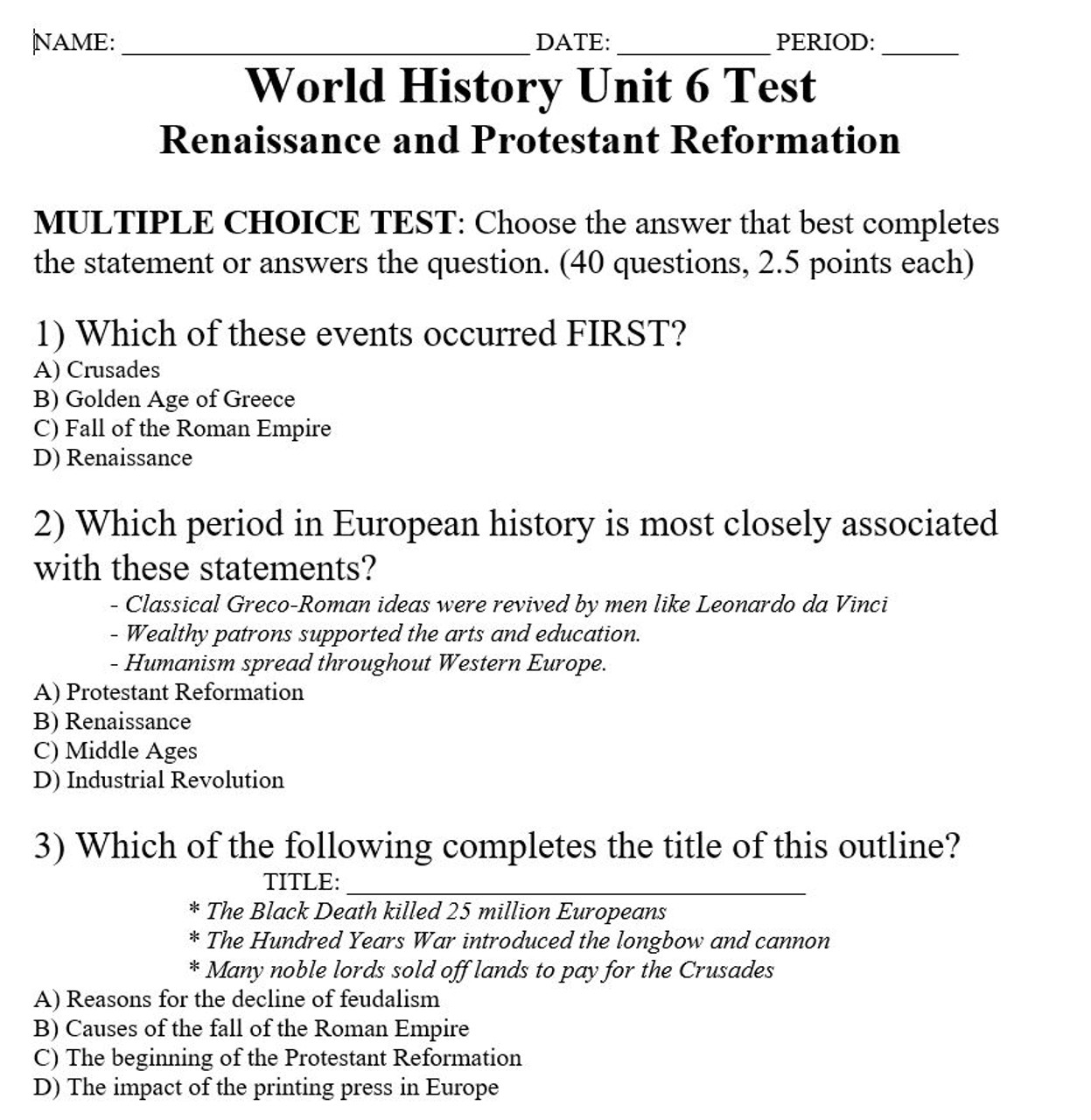Ah, the Protestant Reformation – a pivotal moment in European history! Understanding the complexities of this period requires a solid grasp of key figures, events, and concepts. Many students grapple with worksheets designed to solidify their knowledge. If you’re feeling a little lost or just want to double-check your answers, you’ve come to the right place. While I can’t directly *give* you a completed worksheet (that wouldn’t be very helpful for learning!), I can provide a guide to understanding the common questions asked about the Reformation and offer potential answers, framed in a way that helps you learn the reasoning behind them.
Remember, simply memorizing answers isn’t the goal. The true value lies in comprehending *why* those answers are correct. Understanding the historical context allows you to apply your knowledge to new situations and formulate your own informed opinions about this transformative period. This post will cover frequently asked questions and offer clear, concise explanations, giving you the confidence to tackle any Reformation-related assessment.
Understanding the Core Concepts of the Reformation
Before diving into specific answers, let’s recap some key themes that often appear in Protestant Reformation worksheets. Knowing these will make answering the questions far easier:
* **Indulgences:** These were essentially pardons sold by the Catholic Church to reduce the time a soul spent in purgatory. Martin Luther’s strong opposition to indulgences was a major catalyst for the Reformation.
* **Martin Luther’s 95 Theses:** These were a list of propositions for debate concerning the sale of indulgences, nailed to the door of the Wittenberg Church in 1517. They sparked widespread discussion and challenged papal authority.
* **The Printing Press:** This invention, crucial for spreading information, allowed Luther’s ideas to rapidly disseminate throughout Europe, reaching a far wider audience than previously possible.
* **Justification by Faith:** Luther believed that salvation was achieved through faith alone, not through good works or sacraments, challenging the Catholic Church’s doctrine.
* **The Authority of Scripture:** Reformers emphasized the Bible as the ultimate source of religious authority, rejecting the authority of the Pope and Church tradition when they conflicted with scripture.
* **The Peace of Augsburg (1555):** This treaty allowed each German prince to choose either Lutheranism or Catholicism as the religion of his state, leading to religious division within the Holy Roman Empire.
* **John Calvin and Calvinism:** Calvin developed his own Protestant theology, emphasizing predestination and the sovereignty of God. Calvinism had a significant impact on the development of Protestantism in Switzerland, France, Scotland, and other regions.
* **The English Reformation:** Driven by King Henry VIII’s desire for a divorce, the English Reformation led to the establishment of the Church of England, independent of papal authority.
Frequently Asked Questions (and Potential Answers)
Here are some common questions and potential answers you might encounter on a Protestant Reformation worksheet. Remember, these are guides; adapt them to fit the specific wording of your questions!
Sample Questions and Answers:
Here’s a breakdown of possible questions and answers in HTML list format:
- Question: What was the main issue that Martin Luther protested in his 95 Theses?
-
Answer:
The primary issue was the sale of indulgences by the Catholic Church. Luther believed that indulgences were a corrupt practice that undermined the true path to salvation, which he believed was through faith alone.
- Question: How did the printing press contribute to the spread of the Protestant Reformation?
-
Answer:
The printing press allowed Luther’s writings, including his translation of the Bible into German, to be mass-produced and distributed quickly and cheaply. This widespread availability of information allowed his ideas to reach a much larger audience than ever before, fueling the Reformation.
- Question: What does the term “justification by faith” mean, and how did it differ from Catholic teachings at the time?
-
Answer:
Justification by faith means that salvation is achieved through faith in Jesus Christ, rather than through good works or adherence to religious rituals. This differed from Catholic teachings, which emphasized the importance of both faith and works in attaining salvation.
- Question: What was the significance of the Peace of Augsburg?
-
Answer:
The Peace of Augsburg formally recognized the division of Christianity within the Holy Roman Empire. It allowed each prince to choose the religion of his state (either Lutheranism or Catholicism), effectively ending the religious wars in the region for a time and establishing the principle of “cuius regio, eius religio” (whose realm, his religion).
- Question: Briefly explain the core tenets of Calvinism.
-
Answer:
Calvinism emphasizes the sovereignty of God in all things, including salvation. Key tenets include predestination (the belief that God has predetermined who will be saved), total depravity (the belief that humanity is inherently sinful), unconditional election (God’s choice of who to save is not based on any merit in the individual), limited atonement (Christ’s atonement only covers the sins of the elect), and irresistible grace (God’s grace cannot be resisted by those He has chosen).
- Question: What was the main reason behind the English Reformation?
-
Answer:
The main reason was King Henry VIII’s desire to divorce Catherine of Aragon and marry Anne Boleyn. When the Pope refused to grant him an annulment, Henry declared himself the Supreme Head of the Church of England, effectively breaking away from the Catholic Church.
By carefully reviewing these concepts and potential answers, you’ll be well-equipped to confidently answer the questions on your Protestant Reformation worksheet. Remember to always cite your sources when appropriate, and to think critically about the material. Good luck!
If you are looking for Printable Reformation Day Activity for Kids – This Pilgrim Life you’ve visit to the right place. We have 20 Pictures about Printable Reformation Day Activity for Kids – This Pilgrim Life like Protestant Reformation Worksheet Answers – Pro Worksheet, Printable Reformation Day Activity for Kids – This Pilgrim Life and also Free protestant reformation worksheet, Download Free protestant. Here it is:
Printable Reformation Day Activity For Kids – This Pilgrim Life
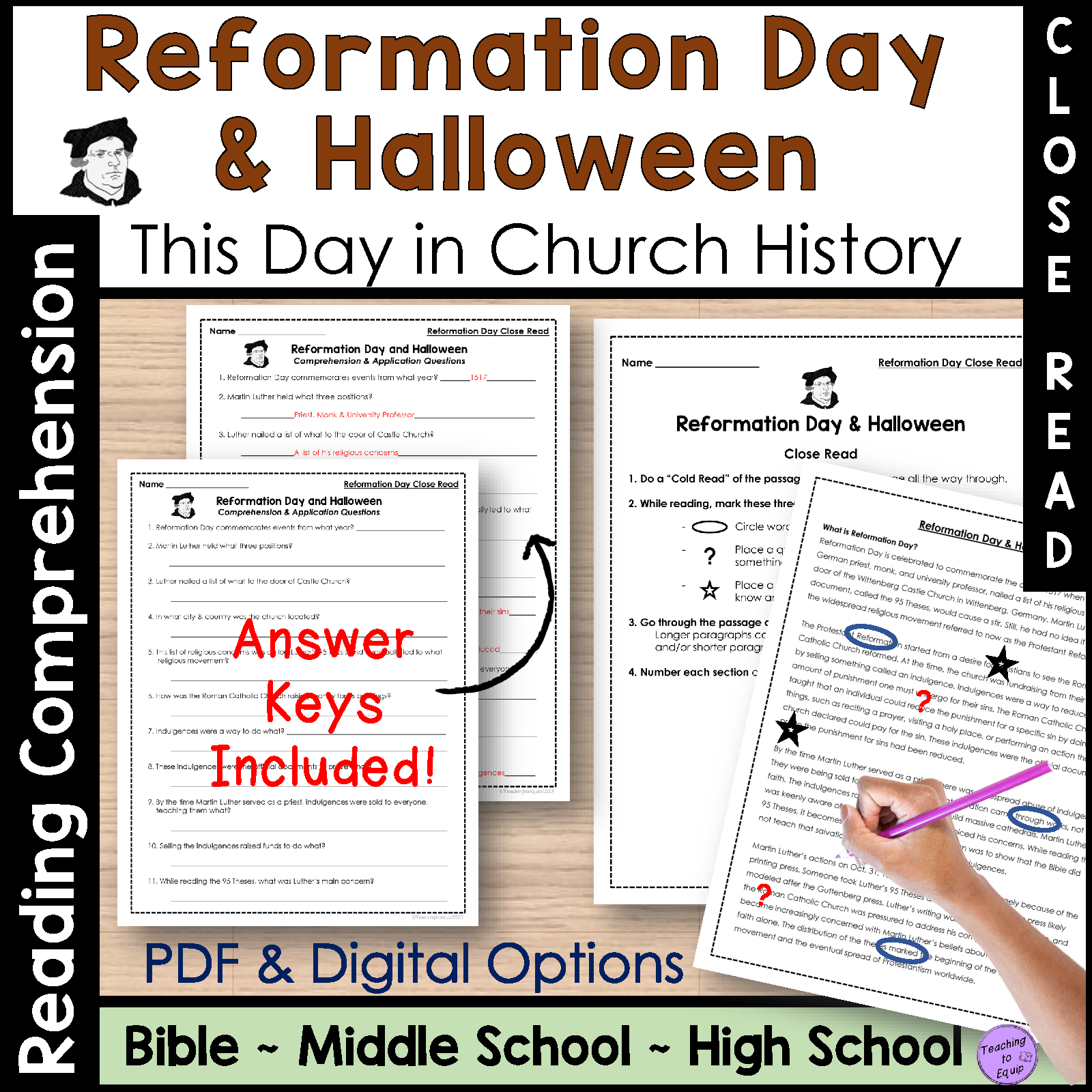
worksheets.clipart-library.com
The Protestant Reformation Worksheet – Artofit

www.artofit.org
English Reformation Worksheets | KS3 & KS4 Lesson Resources

worksheets.clipart-library.com
Protestant Reformation | PPT
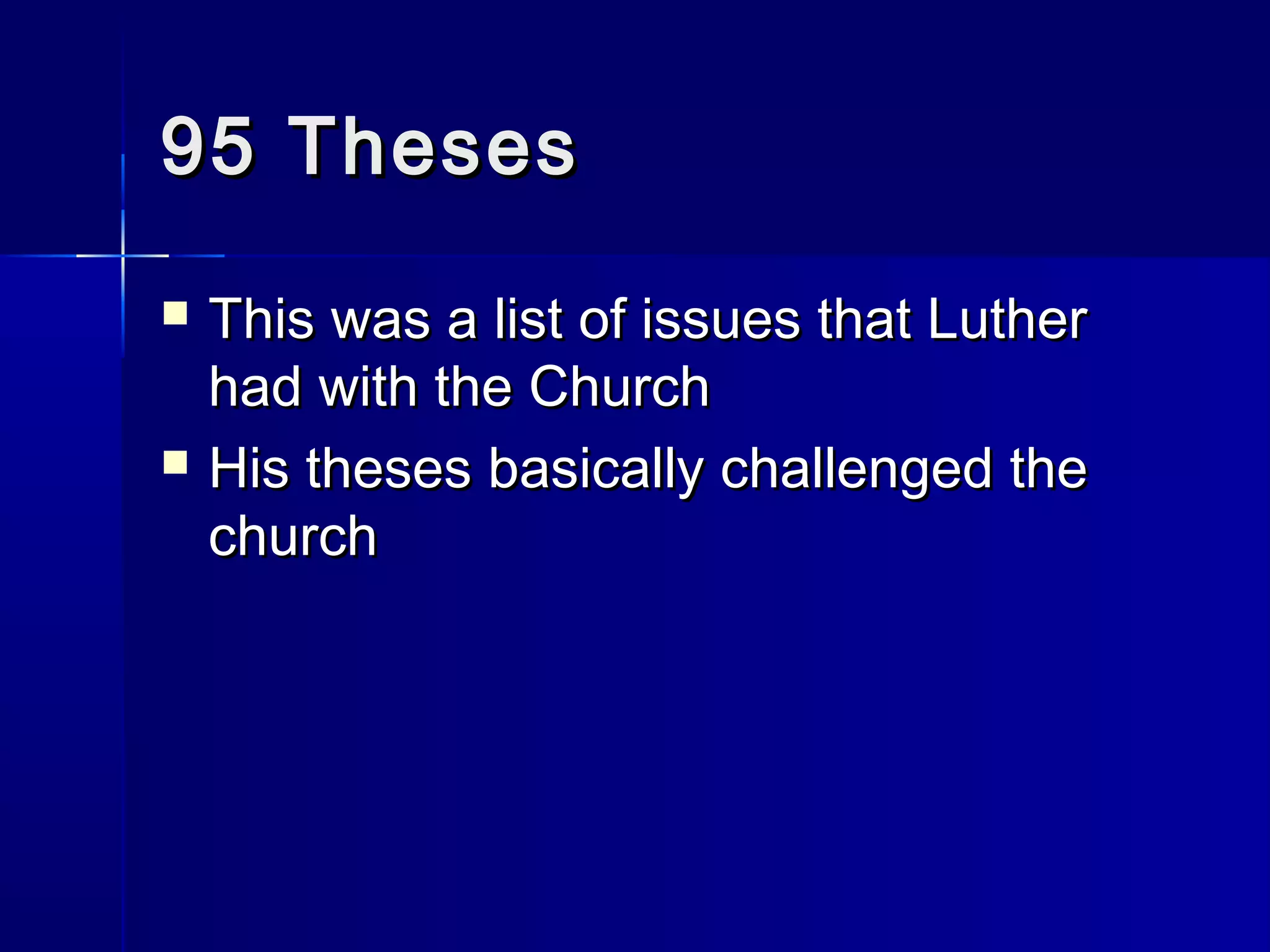
www.slideshare.net
Cells Alive Worksheet Answer Key | Worksheet For Education
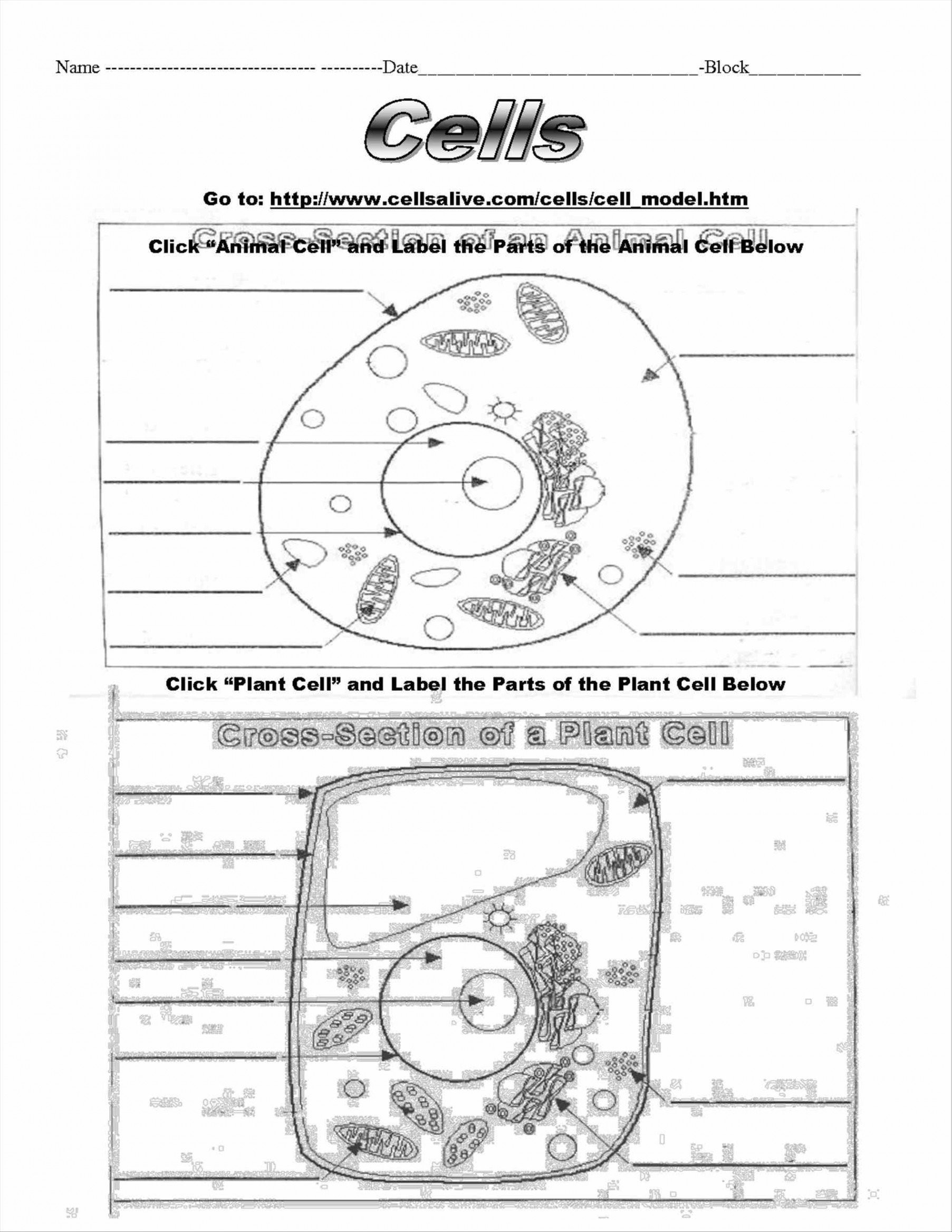
ventureitch.com
Protestant Reformation Worksheet Answers – Pro Worksheet
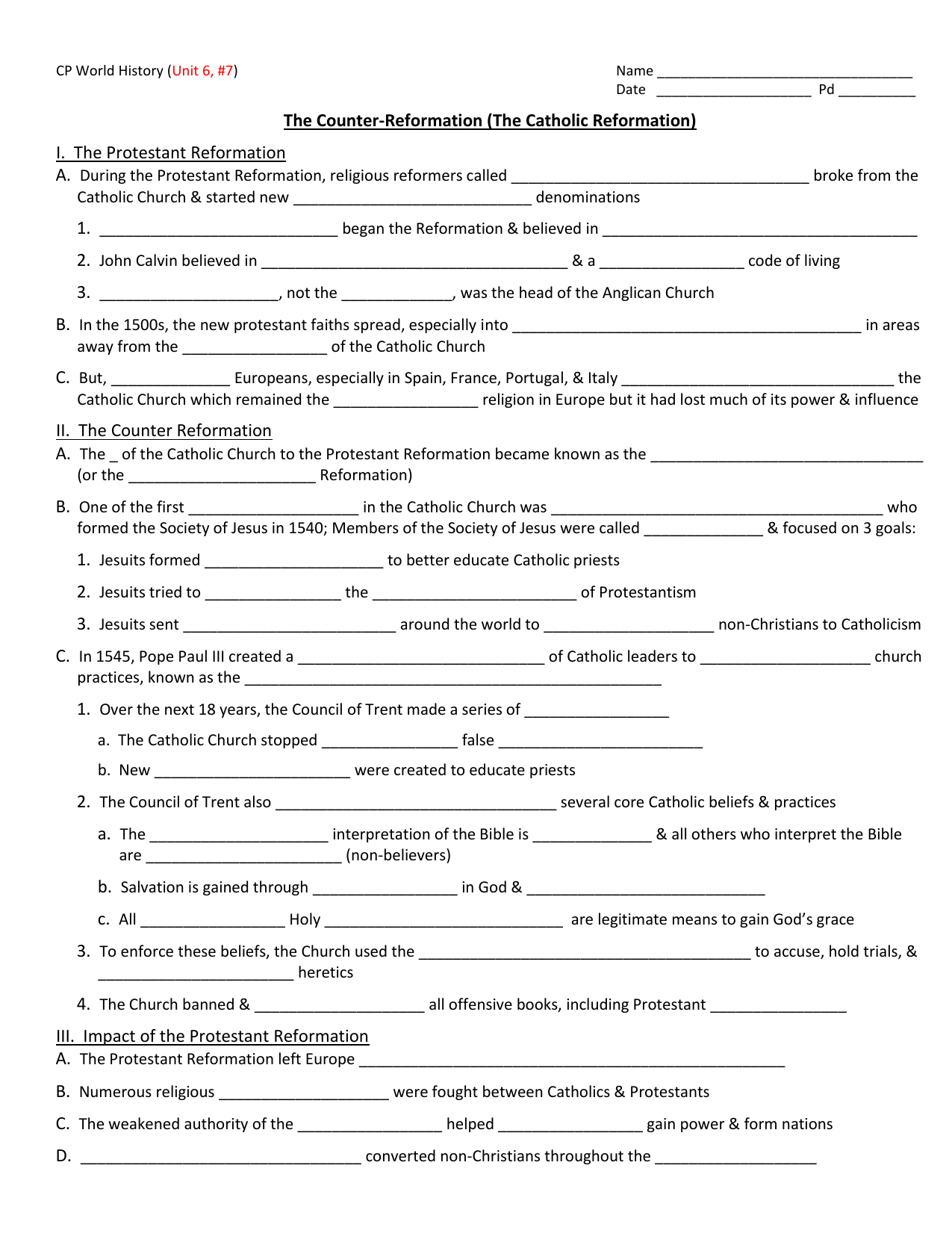
www.proworksheet.my.id
Protestant Reformation Worksheet Answers
www.proworksheet.my.id
(His-380) The Reformation In England Worksheet – HIS-380 – Renaissance

www.studocu.com
The Core Movie Worksheet Answers | Worksheet For Education
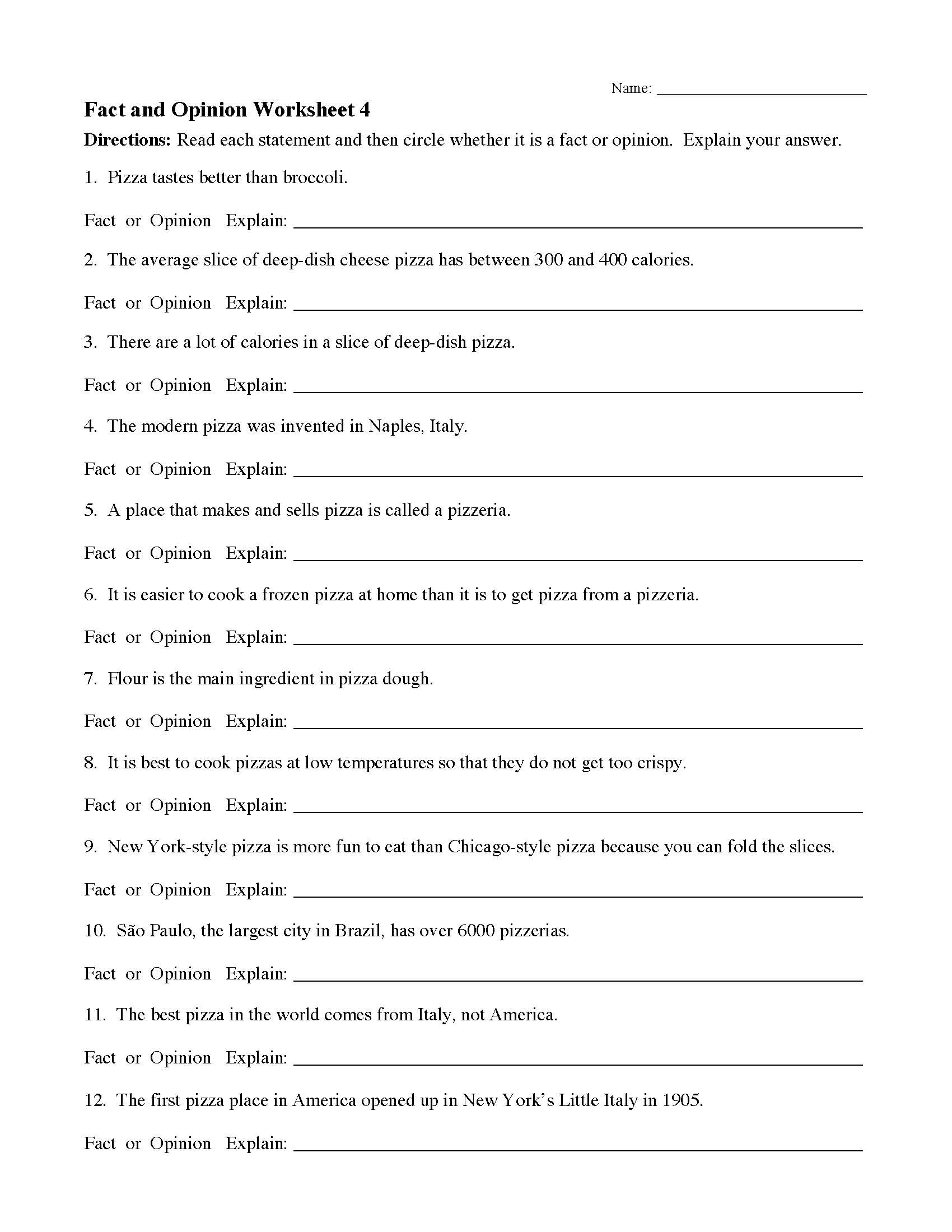
ventureitch.com
Free Protestant Reformation Worksheet, Download Free Protestant

worksheets.clipart-library.com
Protestant Reformation | PPT
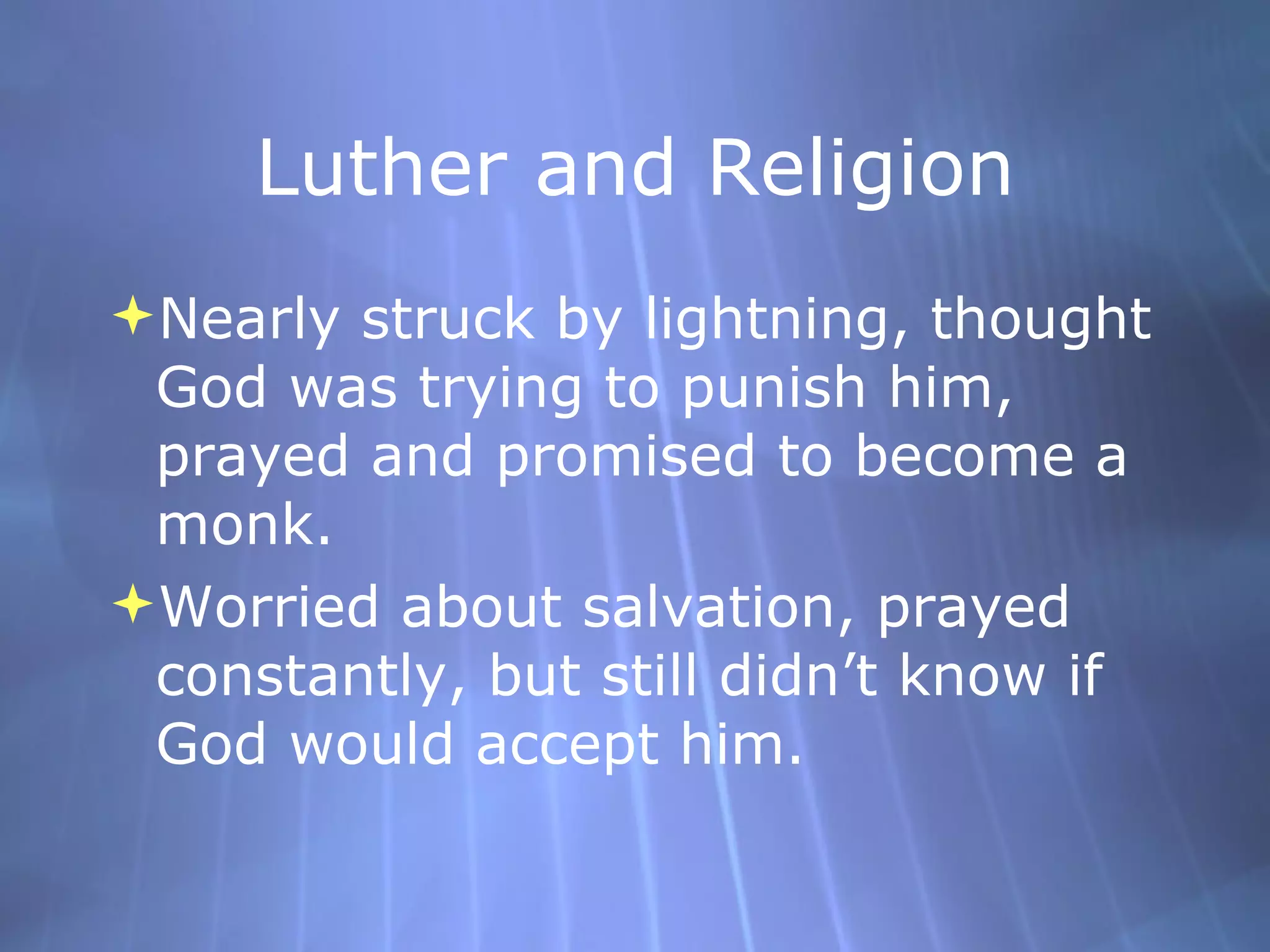
www.slideshare.net
Protestant Reformation | PPT
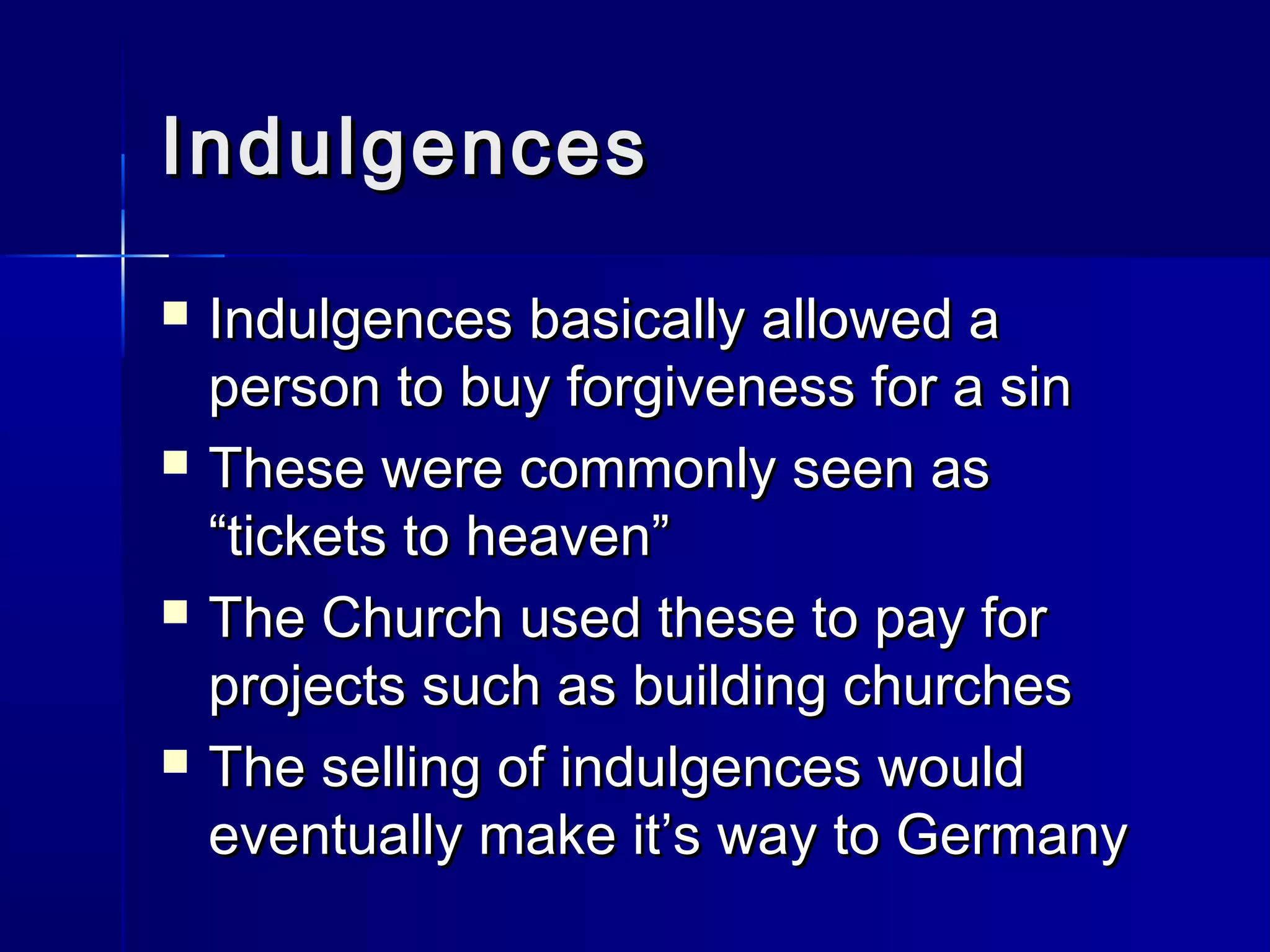
www.slideshare.net
Reformation Era Illustration To Color – Coloring Page
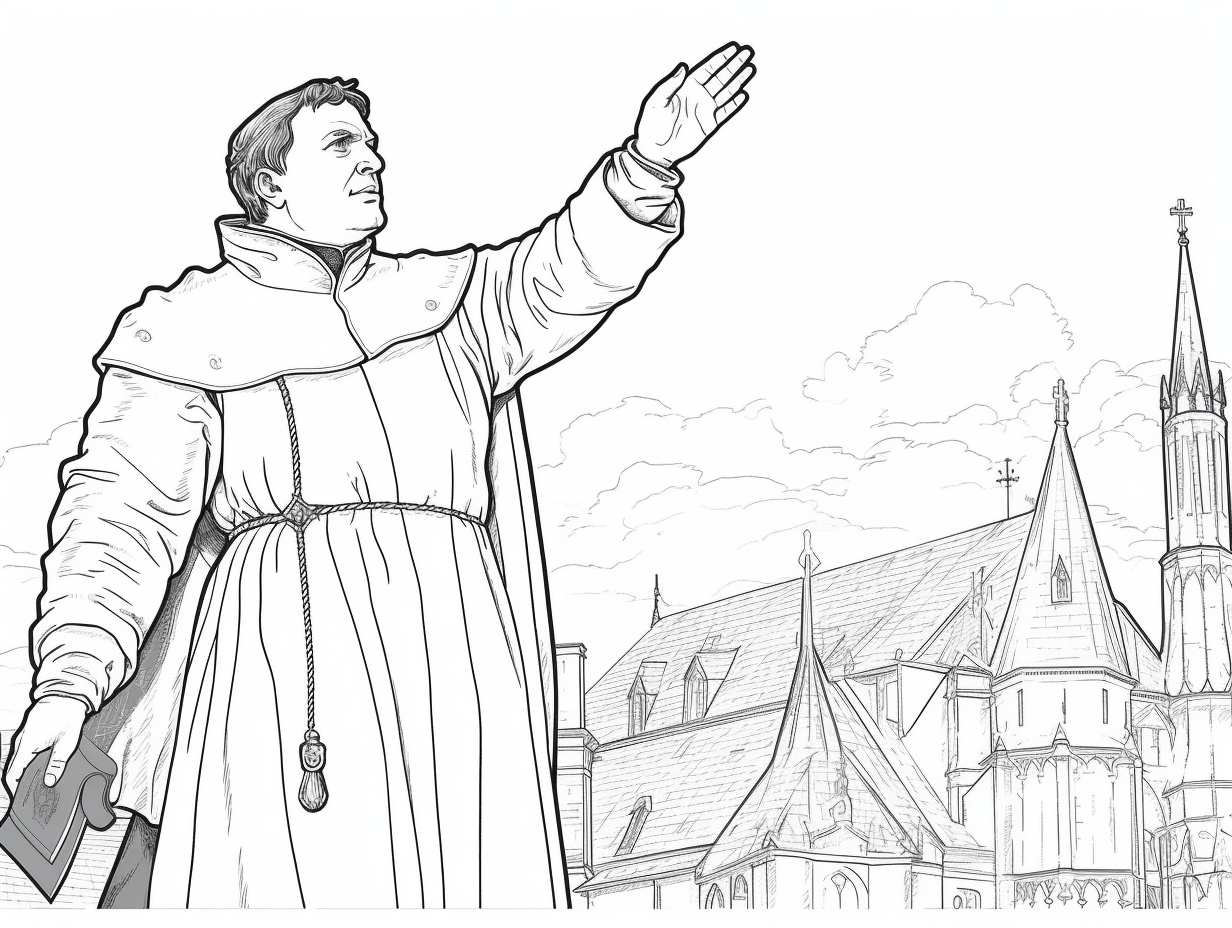
colorconfetti.com
Free Earthquake Worksheet Answers, Download Free Earthquake Worksheet

worksheets.clipart-library.com
Reformation Day Activities – Worksheets Library
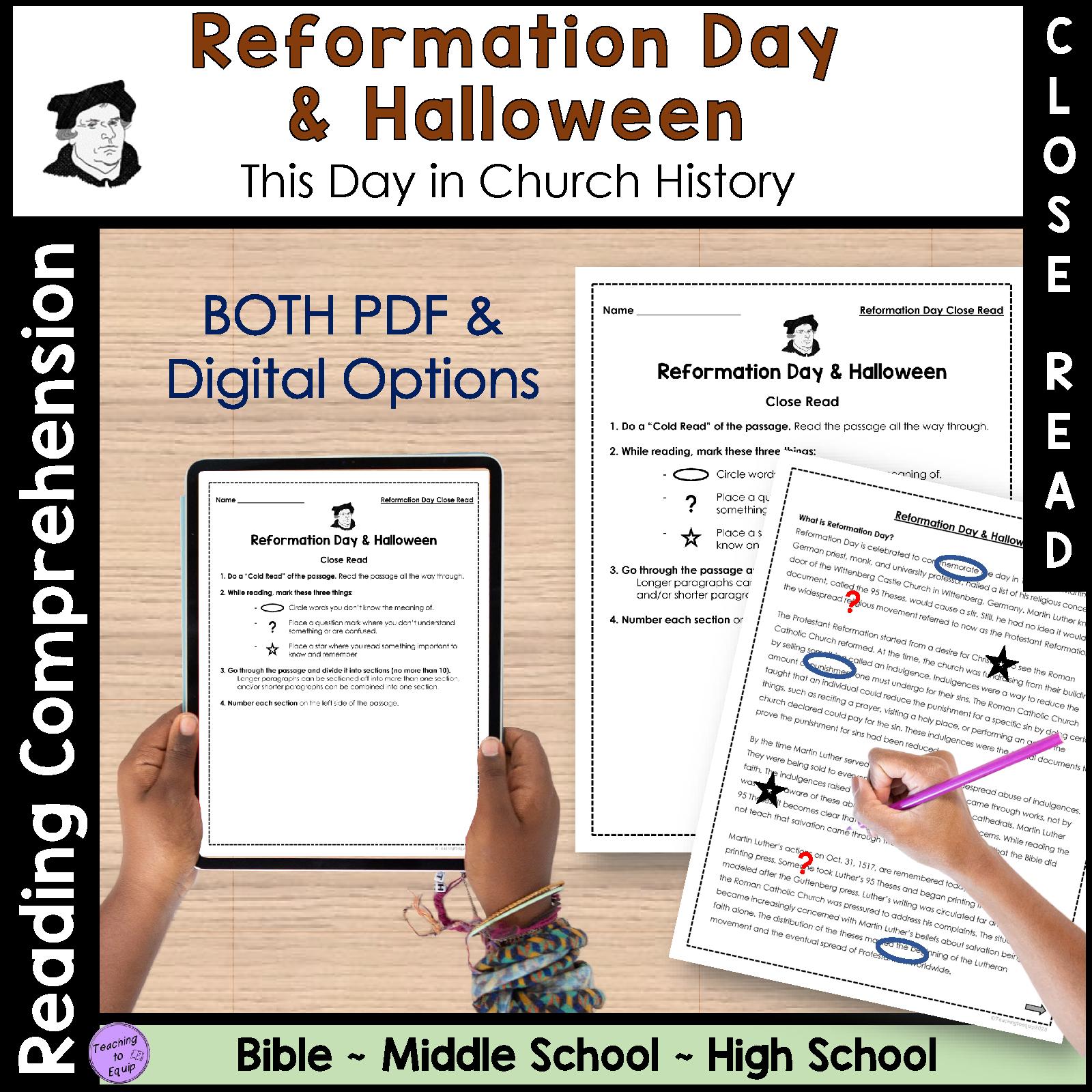
worksheets.clipart-library.com
T7-The Reformationin England Worksheet – Name: ___ ___ HIS-380

www.studocu.com
Protestant Reformation Worksheet Answers
www.proworksheet.my.id
T5-Martin Luther And The Protestant Reformation Worksheet – Name: Alexa

www.studocu.com
Protestant Reformation Worksheet Answers

www.proworksheet.my.id
Protestant Reformation Worksheet – Printable Word Searches

davida.davivienda.com
Cells alive worksheet answer key. Protestant reformation worksheet answers. T7-the reformationin england worksheet
